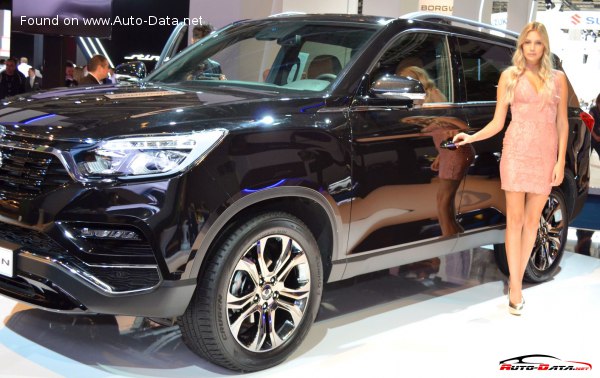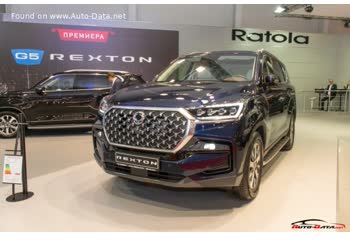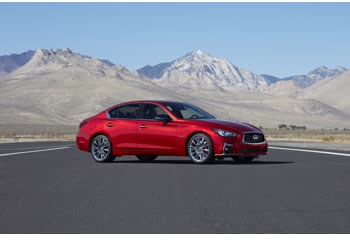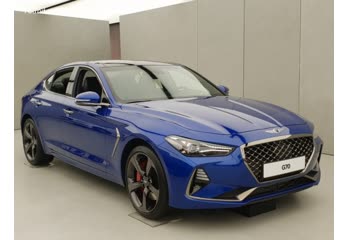Everything you need to know about specifications and performance - SsangYong Rexton 2017 - 2.2 e-XDi (181 Hp) Automatic

Overview:
What is the engine capacity of a SsangYong Rexton 2017?
The engine capacity of the SsangYong Rexton 2017 is 2157.
SsangYong Rexton 2017 How many horsepower?
The engine power of the SsangYong Rexton 2017 is 181 Hp @ 4000 rpm..
What is the SsangYong Rexton 2017 engine?
SsangYong Rexton 2017 engine is D22DTR. (Click to see other cars using the same engine)
How much gasoline does a SsangYong Rexton 2017 consume?
The SsangYong Rexton 2017 consumes 8 liters of gasoline per 100 km
What is the recommended oil for a SsangYong Rexton 2017 engine?
The recommended oil for a SsangYong Rexton 2017 car engine is 5W-30.
What type of camshaft transmission system is used in a SsangYong Rexton 2017 engine?
chain is used to transmit motion.
General:
Engine:
Performance:
Space:
dimensions:
Powertrain, Suspension and Brakes:
See also

Last generation.
Its production began in 2021 until 2023

Same engine. (D22DTR).
Its production began in 2018 until 2023

Same production year and almost the same engine capacity.
Its production began in 2017 until Now

Same production year and almost the same engine capacity.
Its production began in 2017 until 2020

Write a comment